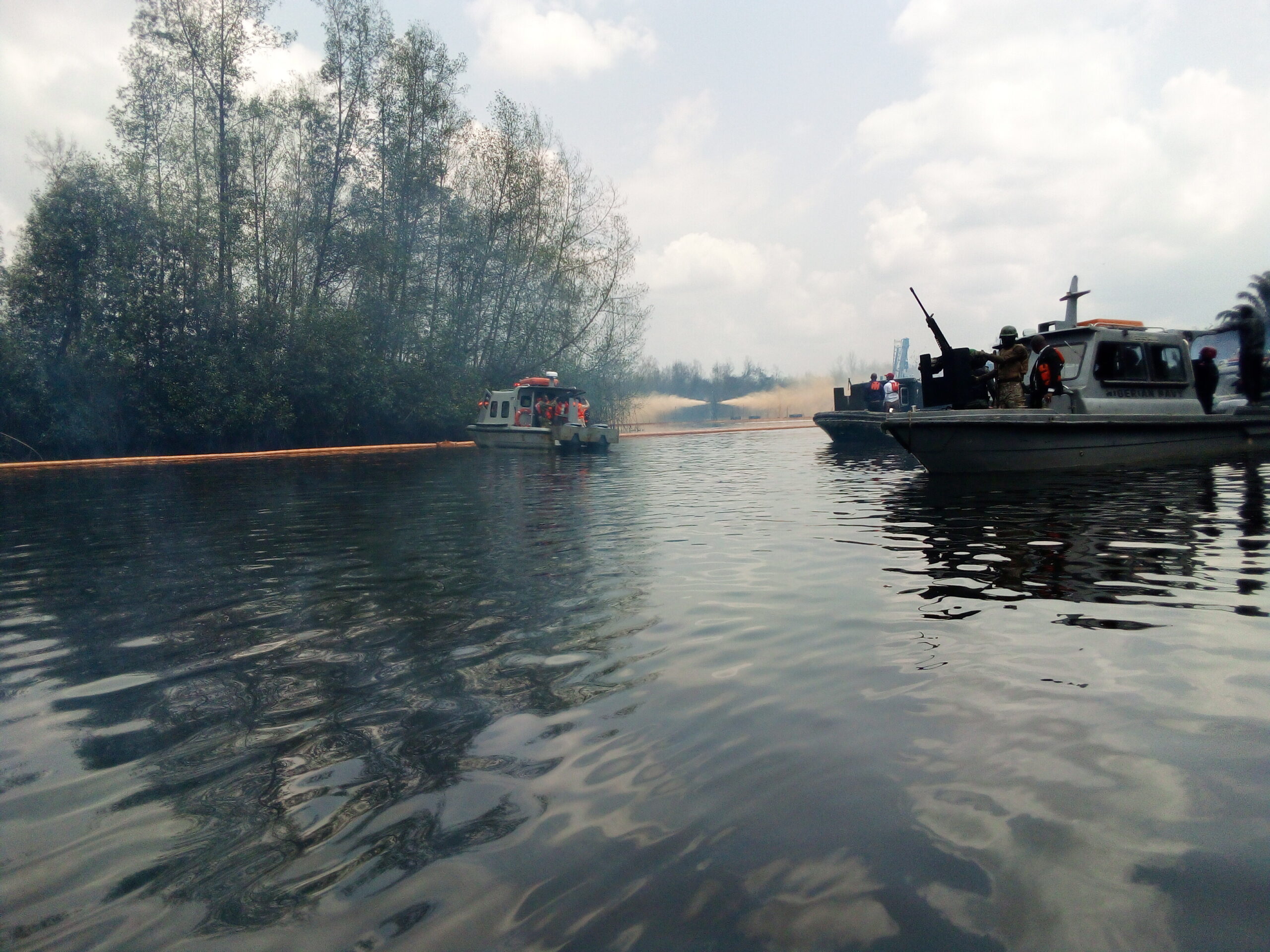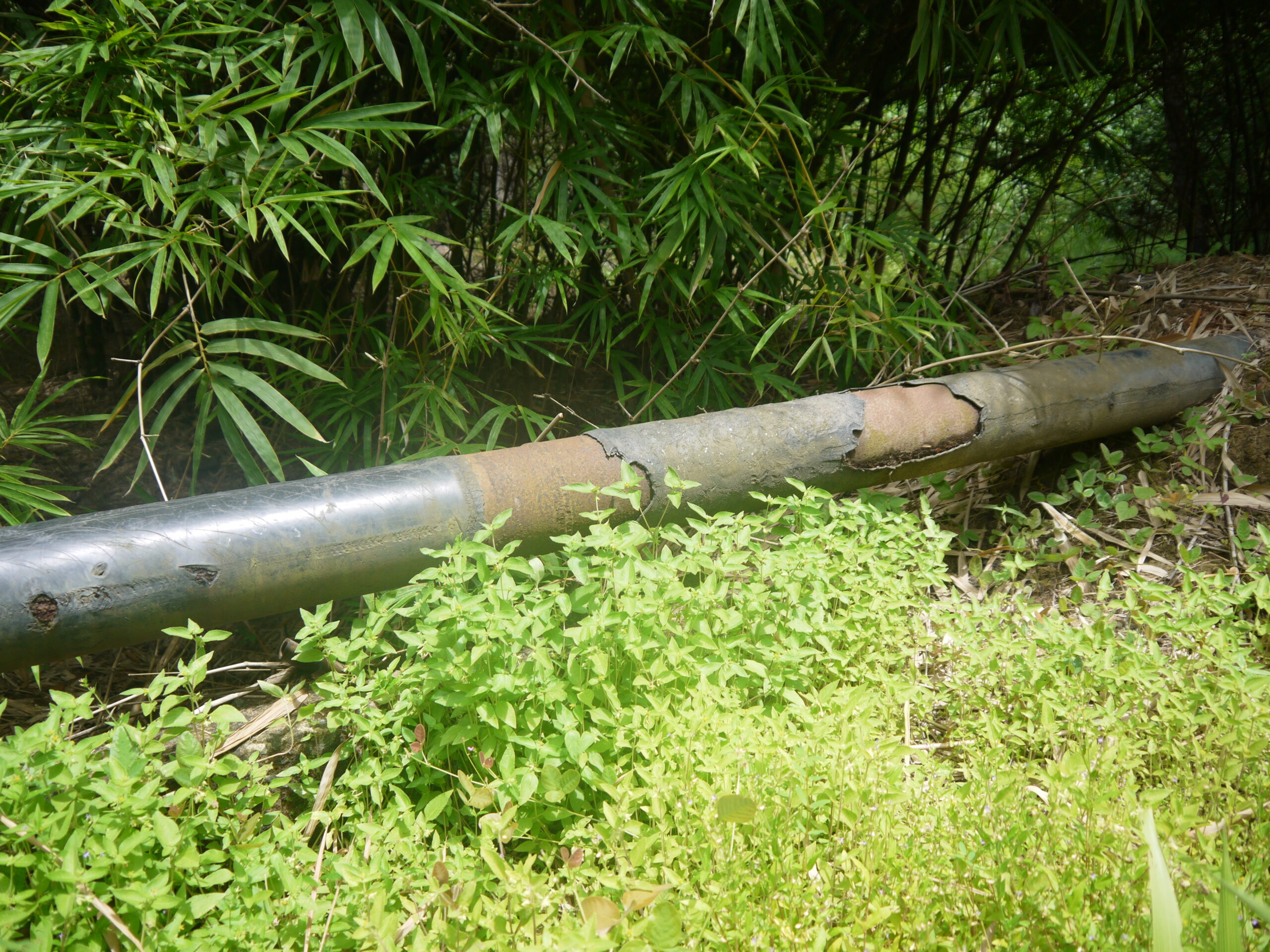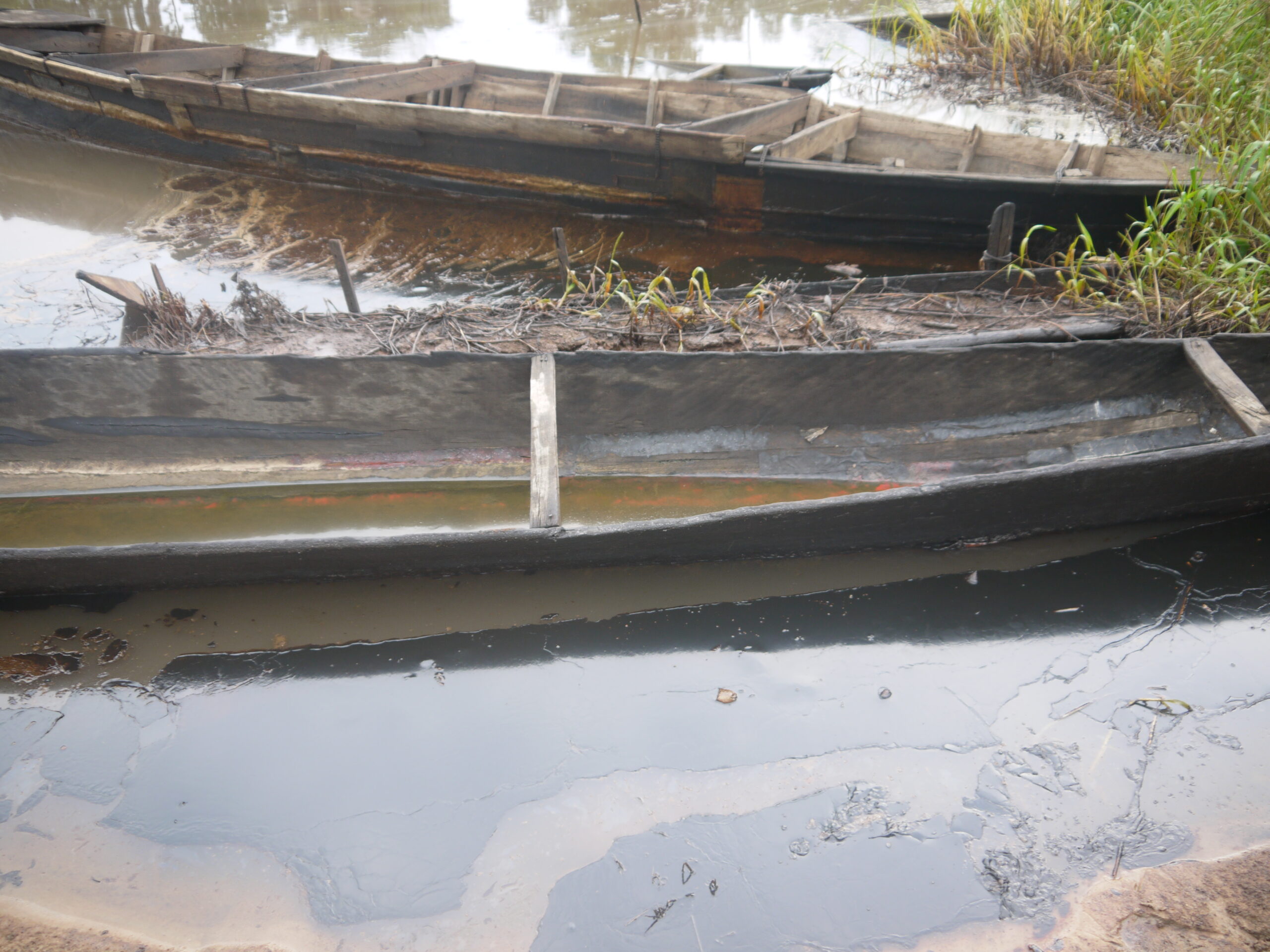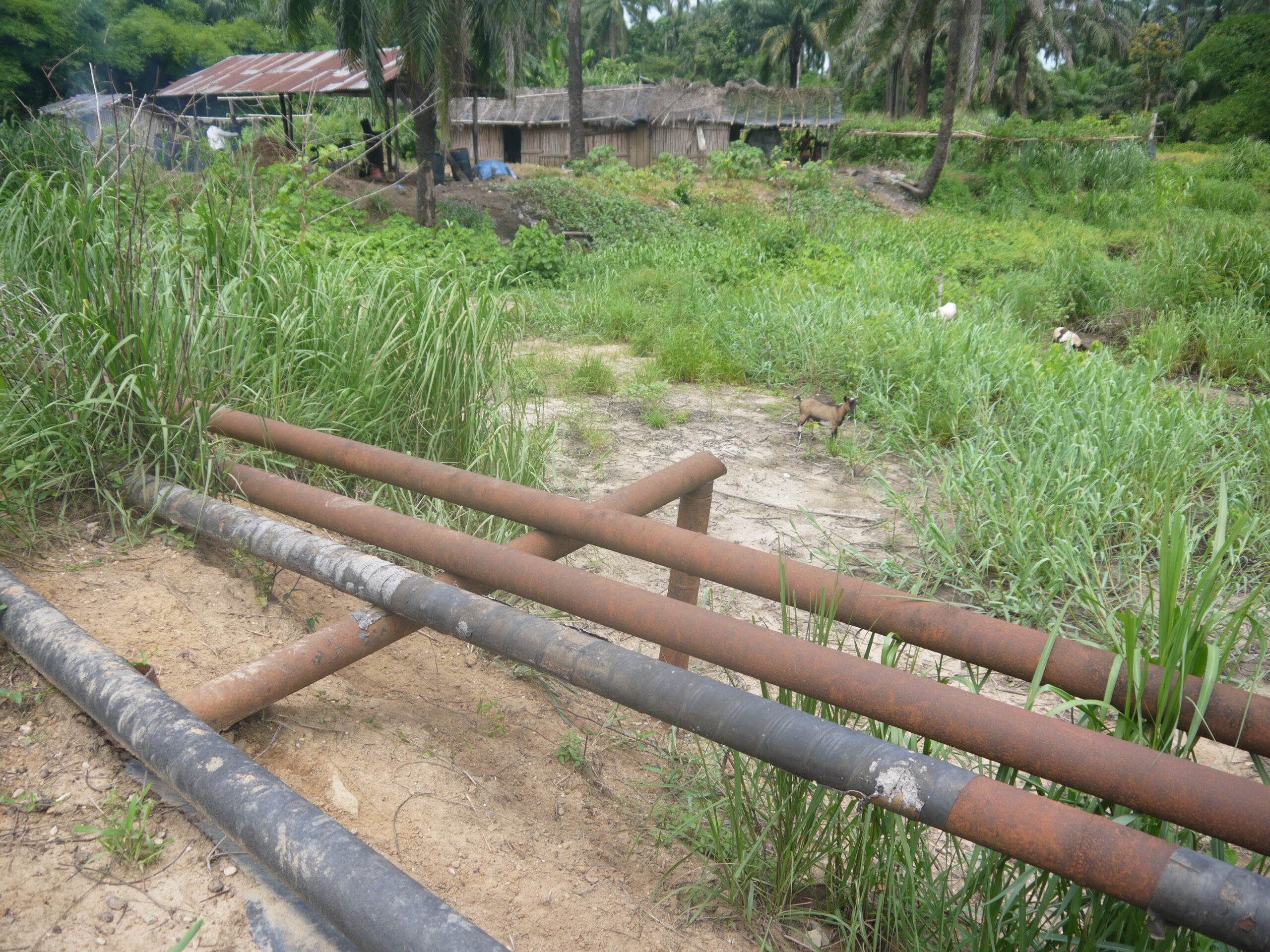As the demand for African gas increases in Europe, new research conducted by an international non-governmental organisation – Stakeholder Democracy Network (SDN) – has identified possible socio-economic challenges Nigeria may face in its plans to expand gas production.
Following the ongoing war between Russia and Ukraine, and the resulting energy crisis in Europe and the UK due to disrupted gas supplies from Russia, African gas resources have been touted as perfect replacements for the troubled countries.
Nigeria, with Africa’s largest gas reserve, and second-largest exporter in 2021, is expected to be a major source of the needed gas.
But after extensive research into the oil and gas sector in Nigeria’s oil-producing Niger Delta region, the SDN urged the Nigerian government to tread with caution in its expansion plans, “to avoid redirecting resources away from more sustainable infrastructure, delaying the clean energy transition, and deepening dependence on fossil fuels, which could result in stranded assets and debt that will be difficult to repay as demand and prices fluctuate.”
A statement issued by SDN and the full report, copies of which were exclusively obtained by PREMIUM TIMES ahead of their public presentation Tuesday (today) criticise what the organisation describes as “the current system of weak enforcement of standards and regulations in the oil and gas sector.”

The report, titled: “Gas Expansion and the Energy Transition in Nigeria and the Niger Delta,” said the country’s weak enforcement of standards and regulations has enabled oil and gas companies to “continue to operate without due care.”
As an example of the implication of weak enforcement of standards and regulations, the report identifies poor operation at the Obiafu-Obrikom Gas Plant in Rivers State which is run by Nigeria Agip Oil Company, a subsidiary of the Italian oil major, Eni.
The report said its findings around the facilities include “visible gas leaks along pipelines that are generally poorly installed, not sufficiently maintained, run overground, and alongside roads and settlements.”
“When we re-visited gas leak sites six months later, leaks continued, in spite of visible attempts to patch them up. There was also an explosion at the gas facility during research, which is reportedly common,” it added.

SDN also said it noted slow responses to gas leaks and blowouts by the oil company and the government regulators, “and poor techniques to stop leaking infrastructure and mitigate future issues.”
The group added that its researchers observed: “Constant gas flaring, which contributes towards toxic air, water, and land. The community also claims that NAOC dumps toxic waste and has not decommissioned abandoned assets.
“Visibly polluted waterways, farmland, and air, which make it no longer economically productive for stable livelihoods of farming, fishing, and hunting.”
It said residents of the community complained that they suffer severe health impacts, “including cancers, eye, bronchial, rheumatic, neurological, cardiovascular, developmental, and reproductive disorders.”
NAOC denies allegation
However, NAOC has denied the allegations but said it would not comment officially until the report is released.
An official of the oil giant, who asked not to be named, told PREMIUM TIMES that the identified leaking pipelines could belong to other gas companies.
The source said other companies including the Nigeria Liquified Natural Gas Limited also have pipelines dedicated to them within the same neighbourhood.
“So we would like to await the full research presentation so that we have a full knowledge of what it is talking about,” the official said.
Meanwhile, SDN said it reached out to NAOC in the course of its research work and that the company’s General Manager for the District, identified as Geordano Crema, replied to its communication on its findings and that the allegations were denied.
SDN said in one of its responses, NAOC claimed that “any leak is reported to regulators for joint inspection involving the regulator, the company and representatives of [the] concerned community,” adding that “from 2018 till now over 95 per cent of spills/gas leaks in flow lines in the area have been due to sabotage”.
Reasons for research
Headquartered in the United Kingdom, SDN, with 19 years of operation in Nigeria’s Niger Delta region, said it was bordered by the country’s domestic gas use expansion plans and the rising interest in its gas products in Europe and the UK. It said it was necessary to find out the nation’s capacity to accommodate the demands.
According to the report, as of 2021, “Nigeria was the fourth-largest source of liquified natural gas to the EU and United Kingdom (14 per cent of total supplies); with at least 40 per cent of Liquified Natural Gas (LNG) produced in Nigeria currently exported to Europe, and discussions ongoing to increase investments and exports.”

Nigeria’s LNG Limited is said to be planning an expansion with the construction of Train 7 that is expected to boost total national production by about 35 per cent while $3 billion of debt has been raised to fund the work.
“While estimated completion is not until 2026, it is the first additional train since 2007, and feasibility studies for Train 8 are underway. Other processing facilities include the $700 million plant under construction by Seplat and Nigeria Gas Company joint venture, which is expected to come online in 2023. Another notable project is the proposed $20 billion Brass LNG plant, which is awaiting a final investment decision, and is projected to add an additional 30 per cent capacity on top of NLNG Train 7,” the report noted.
SDN said it found it necessary to research the current state of activities in the region and the nation’s capacity to contain the possible consequences of the planned expansion.
Further findings
According to SDN, “partial increases to Nigeria’s gas capacity are expected over the next few years. But the further expansion will require billions of dollars of investment, and could take decades to come online, by which point global demand will be in decline, as it is predicted to peak by 2040, and possibly earlier.”
The report, however, noted that the expansion, if carried out with caution, could still benefit Nigeria, “as it is seeking to increase domestic gas consumption as part of development targets and as a transition fuel.”
“But it (Nigeria) risks redirecting resources away from more sustainable infrastructure, delaying the clean energy transition, and deepening dependence on fossil fuels, which could result in stranded assets and debt that will be difficult to repay as demand and prices fluctuate,” it added.

Recommendations
As part of its recommendations, SDN advises Nigeria to proceed with caution “in the scramble for gas, conducts a thorough risk assessment of gas expansion, and updates long-term energy transition strategies to minimise the impacts, phase out oil and gas assets, and start investing for a post-oil and gas future.”
It also advises that European countries investing in increased gas production and/or exports from Nigeria “also invest into renewable energy access in Nigeria, especially in communities that host oil and gas facilities.”
“The Federal Government of Nigeria should improve the enforcement of regulations for construction, operation, maintenance, decommissioning, emergency response, and divestment of facilities, and host community development; and should commission a study into the impacts of gas production on host communities, design interventions to reduce and remediate these impacts, and hold poorly performing companies accountable,” it advised.
SDN speaks
Commenting on the report, SDN’s Acting Country Director, Florence Ibok-Abasi, said the health and environmental impacts associated with fossil fuel production had been documented for several decades but that they have been largely ignored in favour of profits by concerned stakeholders.
“We are particularly concerned that an increase in demand for Nigeria’s gas resources will aggravate this situation and continue to deprive the country of a clean energy transition. The Nigerian government can no longer afford to pay lip service and must act to demonstrate its commitment to the provision of clean energy and economic diversification away from oil and gas,” said Ms Ibok-Abasi.
PREMIUM TIMES







